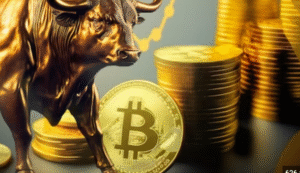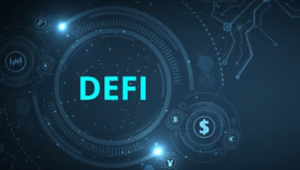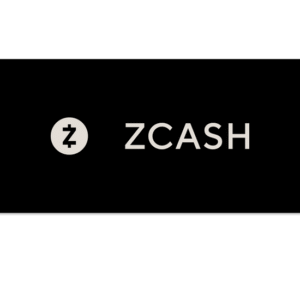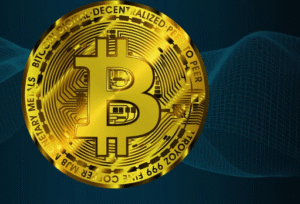$USDT $BTC $ETH
#Tether #Crypto #Finance #USDT #HowardLutnick #WhiteHouse #DigitalAssets #Stablecoins #Republicans #MitchMcConnell #Economy #Market
Howard Lutnick, a prominent figure within Cantor Fitzgerald and known for his financial market influence, has reportedly emerged as a key ally for Tether (USDT) within political circles, particularly tied to the White House. Tether, the leading stablecoin by market cap, has faced scrutiny from regulators over its transparency, backing reserves, and broader implications for monetary stability. Lutnick’s connection to senior government officials could be crucial as digital assets increasingly intersect with regulatory frameworks. Tether, which serves as a foundation for much of cryptocurrency trading, is a vital player in the digital finance landscape. Any favorable decisions emanating from Washington backed by influential allies like Lutnick could stabilize or amplify the growth of stablecoins in the broader market. Such political leverage could ease ongoing regulatory tensions while adding legitimacy to digital assets like $USDT, potentially impacting the valuation or trading volume of cryptocurrencies such as $BTC and $ETH.
Meanwhile, seasoned Republican senator Mitch McConnell has voiced grave concerns about the current geopolitical and economic climate, describing it as “a very, very dangerous world right now.” McConnell’s cautionary stance is indicative of broader unease within financial and political spheres, driven by global uncertainties ranging from inflationary pressures to rising geopolitical tensions. The senator’s remarks add to the growing consensus that markets may enter volatile phases amidst decoupling economies and escalating conflicts. Stablecoins like $USDT gain importance in such scenarios. Investors frequently turn to stablecoins during volatility for safe-haven purposes, seeking reduced exposure to whipsaw fluctuations in more speculative assets like stocks or cryptocurrencies.
The intersection of government influence and corporate interests could mark a new chapter in the regulatory outlook for digital assets. Howard Lutnick’s potential advocacy for Tether signals a shift where traditional financial stalwarts like Cantor Fitzgerald may be positioning themselves deeper into the cryptocurrency ecosystem. This development could prompt a reevaluation by institutional investors, particularly as regulatory noise persists around stablecoin reserves and their potential effects on fiscal policy. If market participants interpret Lutnick’s influence as a sign of greater institutional acceptance for Tether and stablecoins, this could lead to higher adoption rates and growing liquidity in cryptocurrency markets. Tokens like $BTC and $ETH, which rely heavily on pairs backed by stablecoins, could indirectly benefit from these shifts, potentially attracting fresh capital inflows.
As the digital asset landscape evolves amid rising macroeconomic uncertainty, the ongoing commentary from figures like McConnell and Lutnick highlights two critical dynamics: risk assessment in unstable times and strategic alliances. Lutnick’s connections with Washington may serve as a counterweight to the negative sentiment tied to looming regulatory crackdowns. On the other hand, McConnell’s warnings highlight broader systemic risks that could impact both traditional and digital markets in the near term. For investors, these parallel narratives suggest a growing need for diversification and a tactical approach to market participation, particularly when integrating stablecoins like $USDT into portfolios as both funding and hedging tools.











Comments are closed.